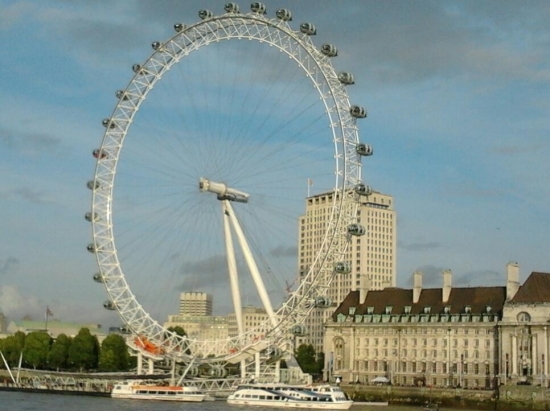Unsurprisingly, London is leading the way as the UK emerges from the recession. This has provided a boost to the commercial property market where demand and values are rising rapidly.

However, according to Deloitte certain factors will prevent London from continuing to build on this momentum in the future and are already limiting growth in certain areas.
The professional services firm has stated that transport and living costs are the major concerns for businesses operating in the capital, with many believing urgent action is required to ensure London does not fall behind other international business hubs in terms of growth.
The London Boardroom Barometer, a survey of 150 CEOs and senior partners at some of the top firms operating in the capital, revealed that 79 per cent of respondents believe better surface transport is required to meet the needs of commuters in the city. Furthermore, 83 per cent are in favour of Britain’s airport expansion going ahead, believing this will encourage yet more foreign investors to take an interest in London.
Meanwhile, 71 per cent of respondents believe that living costs in London and the south east could potentially cause them problems in the future. This largely revolves around housing costs and the availability of highly skilled workers
London senior partner at Deloitte, Angus Knowles-Cutler, believes that addressing the primary concerns of existing businesses is vital in order to achieve sustainable growth.
He says; “This report delivers a very clear message – London is a magnet for the world’s biggest and best businesses but a number of very serious challenges must be tackled for this to remain the case.
“London can’t afford to allow the next generation to be priced out of living and working in this city, or be put off by perceptions of ageing infrastructure.”
When it comes to London’s immediate transport needs, 74 per cent of respondents believe that the creation of Crossrail 2 would yield the most benefits to their businesses. As for air travel expansion, the vote was relatively split, with 49 per cent backing an additional runway at Heathrow while 36 per cent threw their support behind the construction of a second runway at Gatwick.
Despite all the negatives, an overwhelming 86 per cent claimed to be “absolutely committed” to remaining operational within the city, with only 1 per cent considering leaving by 2020. Should improvements in infrastructure and living costs be made, perhaps this figure will fall to 0 per cent, allowing London to retain its position as the world’s leading business hub.
Previous Post
Call to end US Tax on Foreign Property Investors